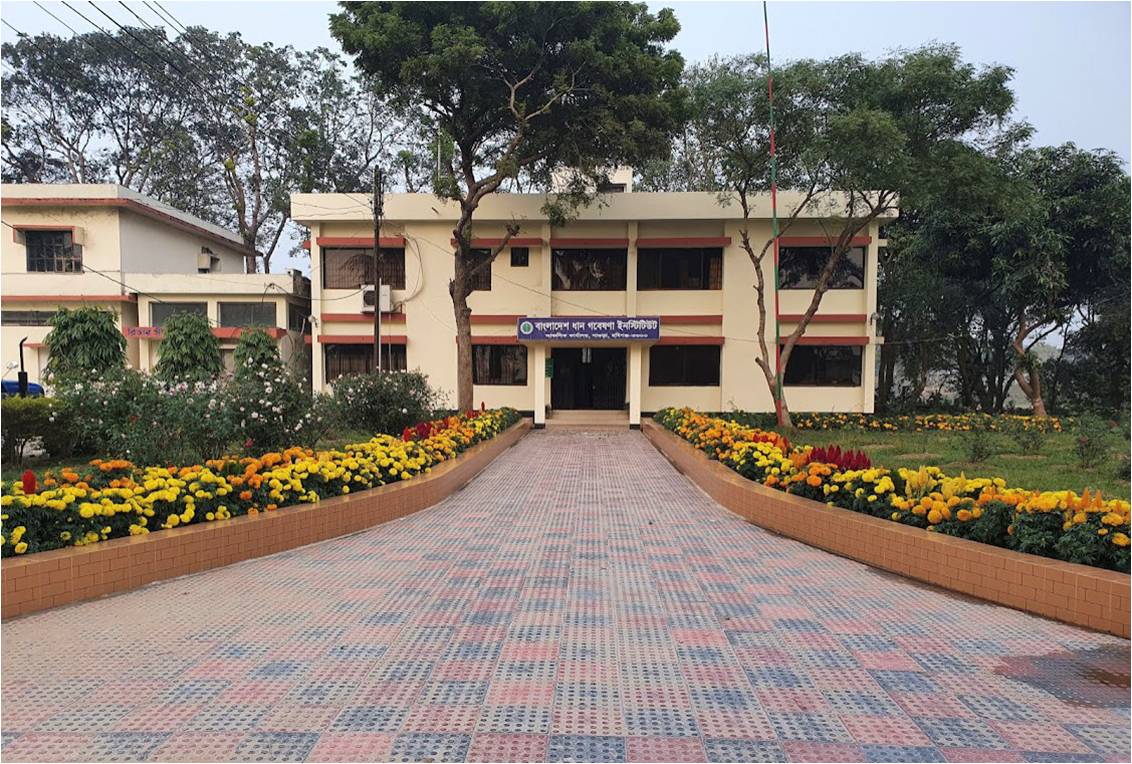-
About Union
Geographical & Economic
Miscellaneous
-
Govt. Office
-
Other Institutions
Educational Institutions
Religious Organizations
Organizations
-
Different Lists
সুবিধাভোগীর তালিকা
Other listings
- Projects
-
Services
Union Digital Center
National E-Service
- Gallery
-
About Union
Geographical & Economic
Miscellaneous
-
Govt. Office
Agriculture
Land
Health Services
Social Service
-
Other Institutions
Educational Institutions
Religious Organizations
Organizations
-
Different Lists
সুবিধাভোগীর তালিকা
Other listings
- Projects
-
Services
Union Digital Center
National E-Service
- Gallery
BRRI Regional Station, Habiganj is located at village Nagura of the Pukra union in the Baniachang upazila of Habiganj district in the Eastern Meghna Estuarine Floodplain region (AEZ-19). This ancient rice research station was established on 7 March 1934 by the then Government of Assam under the British rule the Deep Water Paddy Rice Research Farm. During the first six years, the station functioned as a Co-ordinated Scheme of Rice Research sponsored by ICAR (Imperial Council of Agricultural Research). It was later given the status of a permanent institute under the supervision of the Government of Assam. After the partition of India, it was renamed as the Deepwater Aman Paddy and Boro Paddy Research Station of East Pakistan. In 1970, it was re-designated as the Regional Office of the East Pakistan Rice Research Institute. Finally, after the independence of Bangladesh in March 1971, the station was renamed as the Regional Station of the Bangladesh Rice Research Institute.
This regional station is mandated to conduct research on the problems and prospects of rice production in the northeastern districts viz., Habiganj, Sunamganj, Moulvibazar and Sylhet of Bangladesh. The soils of this region are clayey, acidic (pH 4.5-5.5) with an organic matter content of 1-3.9 percent. The average annual rainfall in this region is 2330 mm. The maximum ambient temperature (390C) is recorded in the month of May and the minimum (100C) in January. The average flooding depth in the peak wet season in July-August reaches 250-300 cm. Flash floods, which are almost a regular scourge of the haor areas of this region, usually occur during the period from the last week of April to May. Research at BRRI Regional Station, Habiganj is focused mainly on deepwater Aman and Boro rices. Rice variety improvement through pure line selection is also a major task of this station. Besides, BRRI Regional Station, Habiganj is engaged in research for the development of rice varieties and rice based cropping systems for haor areas. This Station also provides assistance in the conduct of research under the various BRRI programs areas including development of varieties and sustainable production technologies for favorable ecosystems.
Planning and Implementation: Cabinet Division, A2I, BCC, DoICT and BASIS








